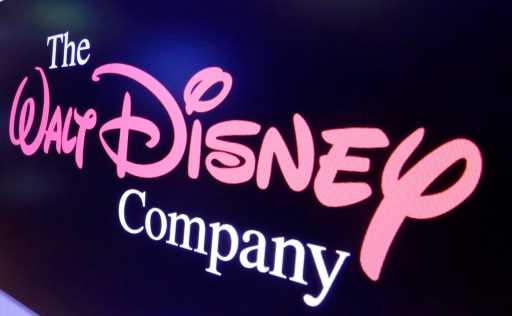Nearly 60% of Walt Disney stockholders voted to approve a shareholder proposal for greater transparency on pay data – specifically a request that Disney reports on both median and adjusted pay gaps across race and gender.
The vote is big — one of the first majority-supported shareholder proposals at Disney in years and one with particularly significant backing. Pay equity is becoming increasingly top of mind for investors concerned with racial justice and economic inequality. In Disney’s case, investors are also keenly aware of potential reputational risk.
Pay gaps are defined as the median pay of minorities and women compared with that of non-minorities and men. So-called best practice pay equity reporting is two part, the proposal says: unadjusted median pay gaps, assessing equal opportunity to high-paying roles; and statistically adjusted gaps, assessing whether minorities and non-minorities, men and women, are paid the same for similar roles. Disney does not report its unadjusted or adjusted pay gaps.
In a statement to Deadline, a Walt Disney Company spokesperson said, “We appreciate our shareholders’ view on this important issue, and the Board accepts the results of today’s vote. The Company is committed to pay equity, and we will continue our ongoing work on this front, including addressing interest in greater transparency around our efforts.”
Pay equity was one of four shareholder proposals presented at Disney’s annual meeting, along with votes on individual board members (all were elected, although the individual tallies weren’t yet available) and executive pay for fiscal 2021, which shareholders supported. Disney’s fiscal year ends in Sept.
“The 59% vote on pay disclosure is huge it’s a new issue in front of shareholders and that’s an extraordinary level of support in that context. There are a few companies that have the reputational risk Disney does if it fails to live up to stakeholders expectations,” said Rosanna Landis-Weaver, a corporate governance expert at As You Sow, a shareholder advocacy nonprofit.
The votes are not binding but companies take them seriously.
In SEC filings called proxy statements, companies are required to include stockholder proposals and routinely recommend that they be rejected. Disney’s proxy said, “the Board’s quarrel with the proposal is not its focus – as the Company is fully committed to achieving pay equity – but whether it is a necessary and effective use of Company resources given the policies, practices and reporting that the Company already has in place to achieve that end. Given the many ongoing initiatives that the Company is already pursuing to promote opportunity and equity, the Board believes it is not.”
Must Read Stories
Disney CEO Finally Slams “Don’t Say Gay” Bill; Will Meet With Gov. Ron DeSantis
Warners Moves ‘The Flash’ & ‘Aquaman’ To 2023; ‘Black Adam’ To October; More
HBO Max Orders ‘The Penguin’ Limited Series With Colin Farrell As ‘The Batman’ Top $300M Global
Will Forte & Lana Condor Join Looney Tunes Live-Action/Ani Hybrid Pic ‘Coyote Vs. Acme’
Read More About:
Source: Read Full Article




